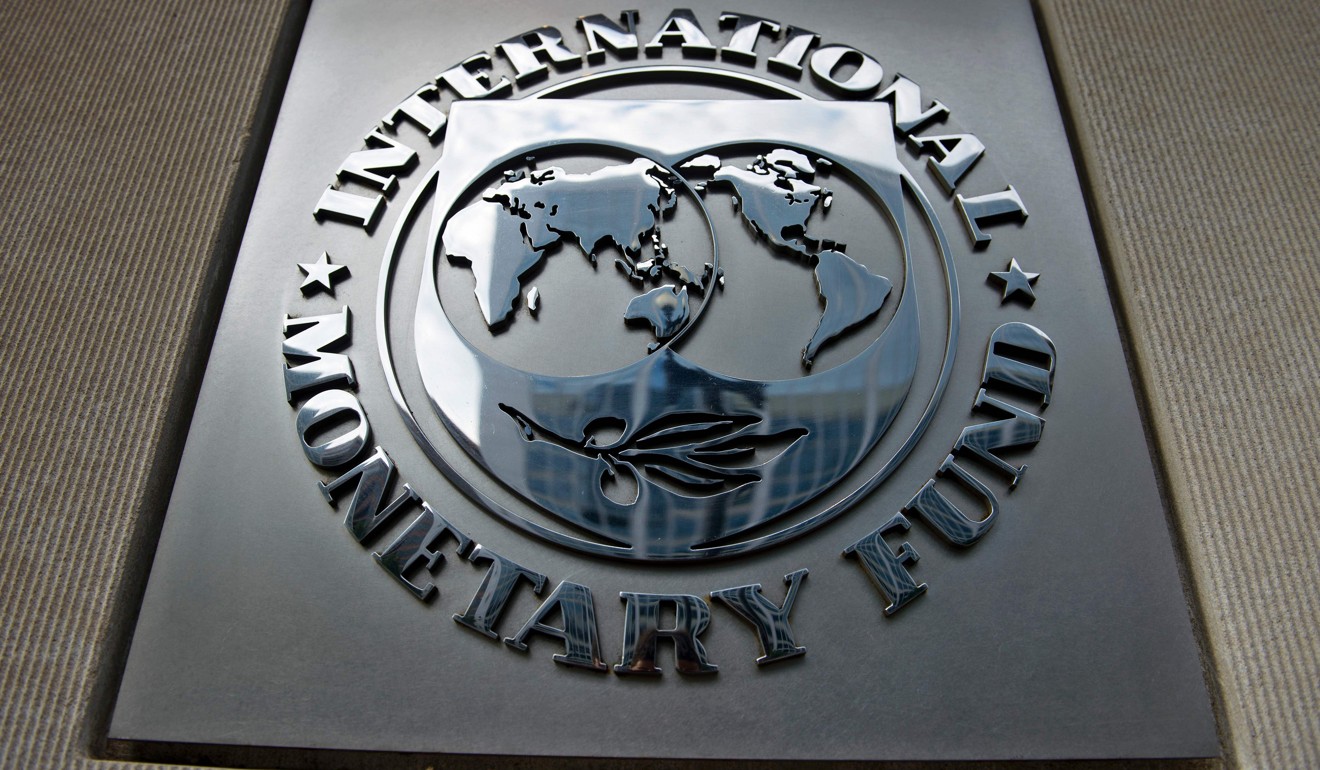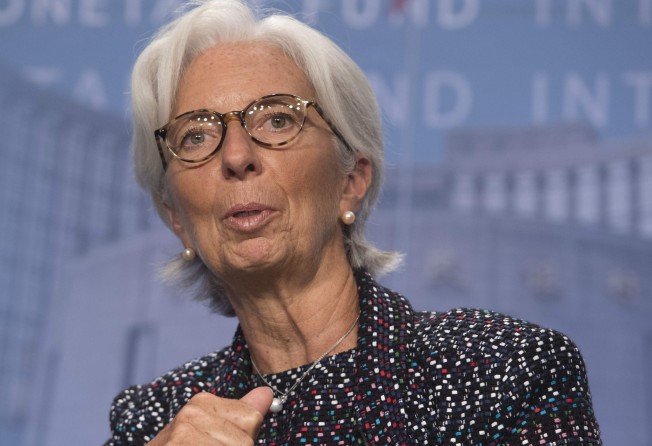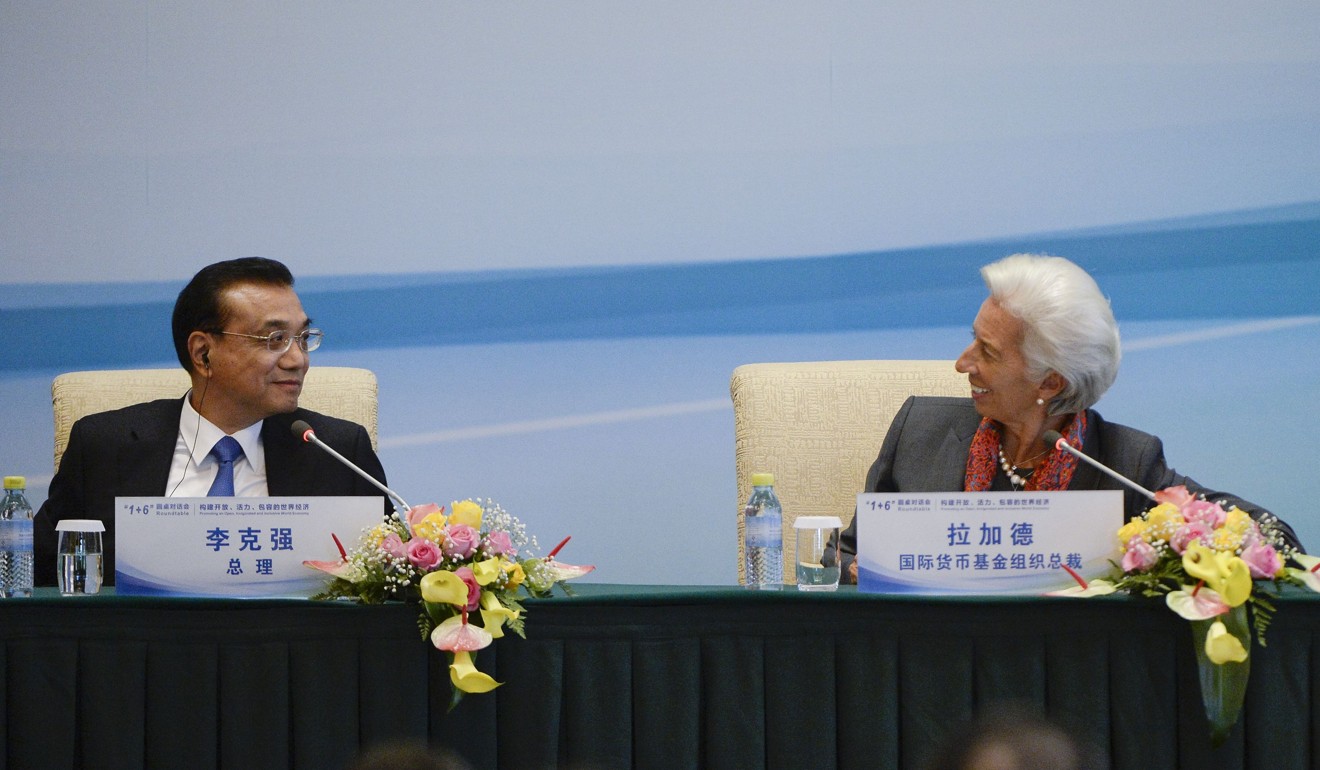
IMF says world economy growing although inequality putting pressure on society
China and India keep emerging markets running strong

The world economy is gaining strength and extending the broadest recovery since the start of the decade even as issues such as inequality threaten to fray the fabric of society, International Monetary Fund Managing Director Christine Lagarde said.
The IMF’s updated global forecast will likely be “even more optimistic” when it’s released next week, Lagarde said in a speech on Thursday at Harvard University. The IMF will release its World Economic Outlook on October 10 at its annual meetings in Washington. In July, the fund projected the global economy will grow 3.5 per cent this year and 3.6 per cent in 2018.
A “cyclical pickup” in investment and trade in advanced economies, especially in Europe and Japan, is creating better-than-expected growth, Lagarde said. US growth will be “above trend” this year and next, though forecasts are fluid due partly to the shifting prospects of tax reforms, she said.

Nearly three quarters of the world is “experiencing an upswing” in terms of gross domestic product, and the result is the broadest-based acceleration in global growth since the start of the decade, according to the Washington-based fund.
Led by China and India, Asian emerging markets remain strong, while the outlook has become “a bit brighter” in other emerging and developing economies, including commodity exporters in Sub-Saharan Africa and Latin America, she said.
“We are seeing some sun break through,” Lagarde said in prepared remarks of her speech. “But it is not a clear sky.”
She warned that the global economy faces a number of threats, from high levels of debt in many countries to rapid credit expansion in China and “excessive risk taking” in financial markets. Persistently low growth since the 2008 financial crisis has reinforced the problem of inequality, while exposing “long-running weaknesses” in the world’s ability to adapt to technological change and global integration, she said.
“Our social fabric is fraying, and many countries are experiencing increased political polarisation,” Lagarde said.
The sunnier outlook sets a positive tone for next week’s IMF meetings, which bring together finance ministers and central bankers from the fund’s 189 member countries.

They may be heartened by that President Donald Trump has not followed through on most of his trade threats, such as vows to impose tariffs on foreign steel and penalise companies that shift production abroad.
Still, US efforts to overhaul the North American Free Trade Agreement and a trade deal with South Korea are still under way. While Chancellor Angela Merkel’s party remained in power in last month’s German election, an anti-immigrant party gained a toehold in the nation’s parliament, underscoring the backlash against globalisation in rich economies.
Central banks should communicate their plans clearly and raise rates to more normal levels smoothly to avoid market turbulence and tightening financial conditions that could derail the recovery, she said. Countries with healthy public finances, such as Germany and South Korea, should invest more in their own economies, Lagarde said.
Countries should try to boost productivity, which in turn would lift wages, through steps such as cutting red tape and spending more on research and development and infrastructure, she said.